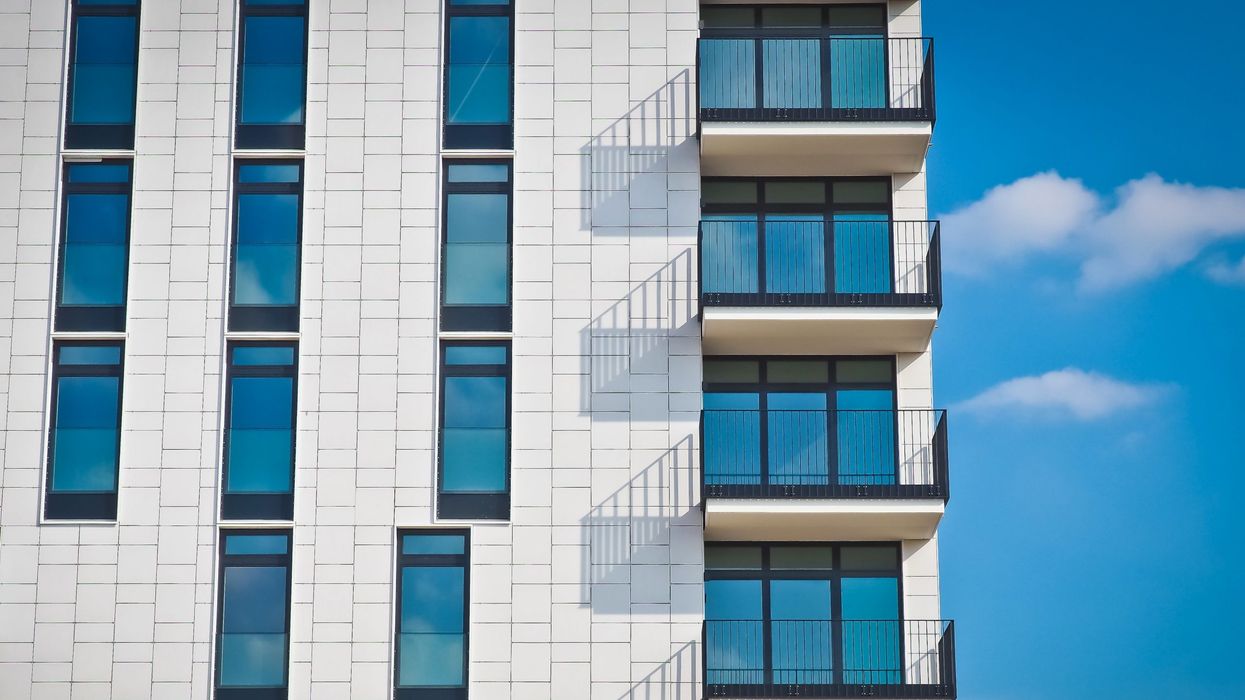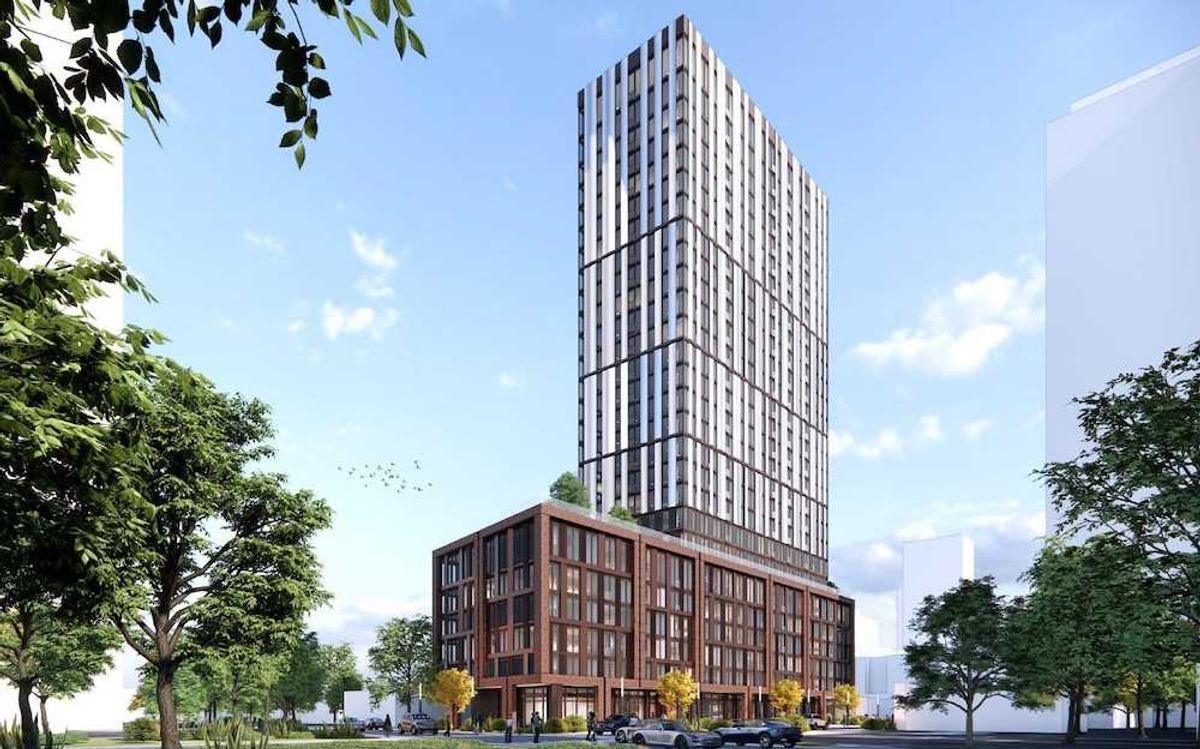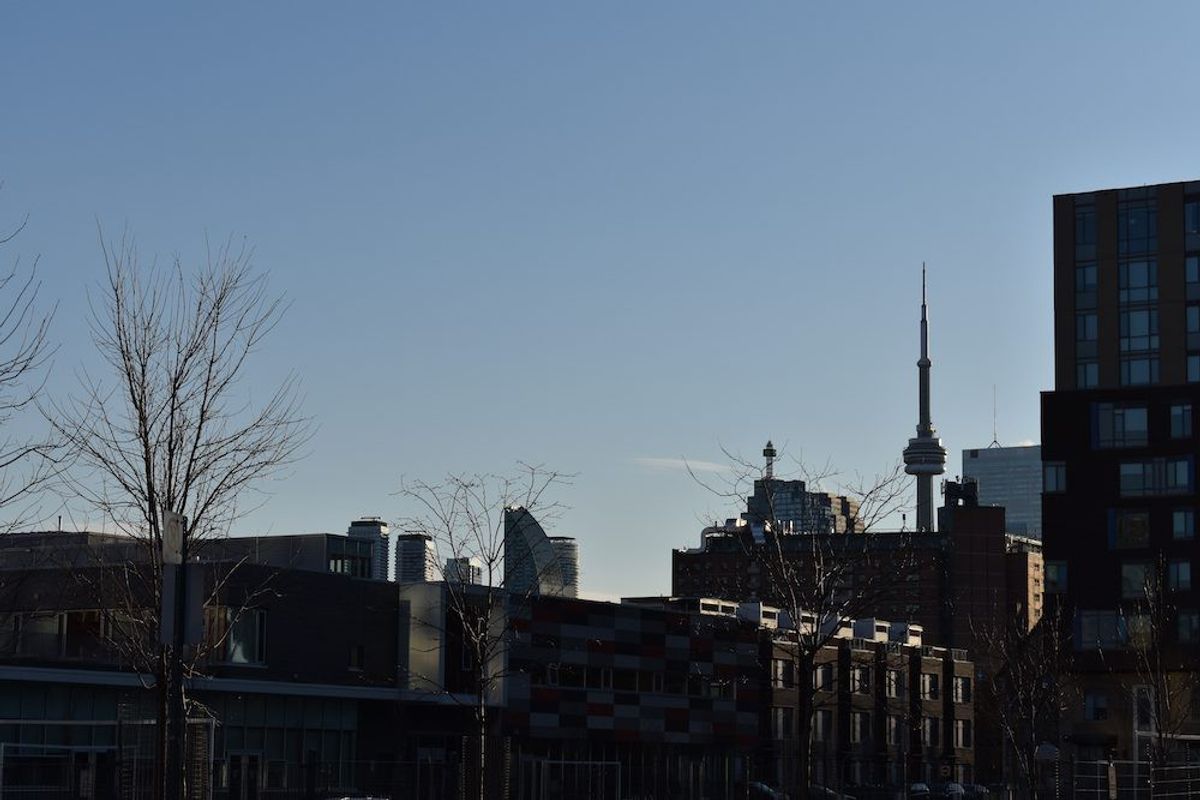Cigarette butts. Chair throwing. With all the recent Toronto balcony drama, one might be tempted to wonder if it’s even worth signing up for a balcony in the city these days?
“It’s a real mixed bag of opinions,” says Toronto realtor Jarrod Armstrong, who specializes in Toronto condos. “There are a lot of problems. A lot of fires. A lot of cigarette butts get thrown off balconies. People are throwing chairs off them these days. It’s hard to believe.”
“Balconies are definitely getting a lot more attention,” says Jason McGuire of Real Property Management Service, which specializes in rental properties across the GTA. “Cigarette butts and problems on balconies is a time-old issue; it’s always been happening, it’s always been hard to control, but as technology expands, things are getting more detailed. Pet feces, with dogs going on the balcony, used to be a problem, but now there are companies who do DNA testing on dogs in condominium buildings to determine things like that and find out who is not picking up after their dog. You have high definition cameras that allow you to see where things are coming from, that were not readily available five years ago, and now they are. Technology is playing a big part in how these things change.”
READ: Condo Security Tips: No Concierge? No Problem.
On the resale side, however, people definitely still want balconies, says Armstrong—whether it’s for outdoor exposure, natural light, smoking, pets, extra storage, a place to put a bicycle; the list goes on. “It’s certainly better to have a balcony than not,” says Armstrong.
In fact, in Armstrong’s experience, “A large percentage of our client base would only look at units with a balcony. Whether they ever use it or not is a different story,” he says.
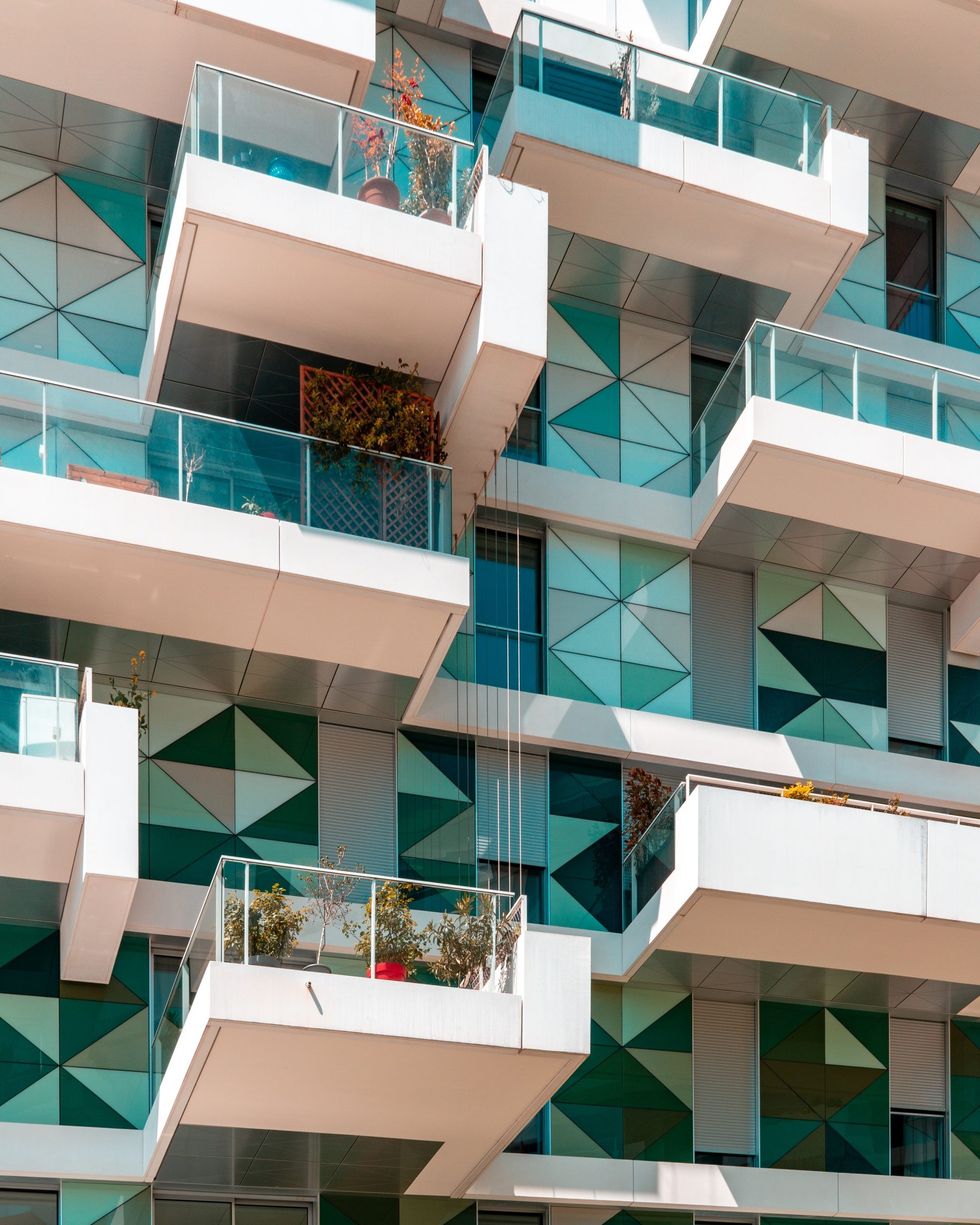
McGuire even expects that there will be more value placed on balconies moving into the future. “I wouldn’t be surprised if there starts to be more of a premium on them, like parking and lockers—now they’re really expensive to get.”
Still, there are a variety of factors to take into consideration, Armstrong notes, chiefly: whether the balcony is higher up, has more space, or has a sunny exposure. “Obviously, if it’s facing a brick wall, it’s not as endearing as sitting on a balcony looking at the waterfront,” says Armstrong, who notes that a balcony that is accessed through the living room is also better than one reached through the master bedroom. “A balcony that’s facing the Gardiner isn’t worth anything, as no one will sit on it; people will pay more for a south facing unit with the same size balcony that’s quiet and facing trees or the waterfront,” he says.
READ: Toronto Balcony Bliss — How To Create A Comfy Outdoor Oasis
“People who want a balcony are people who just want a window that opens more than two inches,” adds McGuire. “Anyone who actually wants a balcony will go for a terrace,” he says.
Then there’s maintenance. “Balconies and terraces are common element spaces that you have exclusive use of,” says Armstrong. “You don’t actually own that balcony, but no one else has the right to enter your unit to enjoy your space.” As such, he explains, the building maintains it, although “ultimately you pay for it,” he says, referring to maintenance fees that condo dwellers pay. “All those expenses come out of a reserve fund of a condominium corporation. With a rooftop terrace, those are more costly. Every 10 or 15 years there’s maintenance and repairs, whereas with a high-rise condo, you get 30, 40 years out of balconies before they have to be touched. The cost and maintenance of them are vastly reduced based on the style of construction.”
READ: City Council Asks Airbnb To Remove Non-Compliant Toronto Listings
While Armstrong insists that it’s hard to put a price on balconies, he notes that terraces add huge value. “The exact same unit in the same building without a balcony will command less than the unit with a balcony. For a unit with a big terrace, where you can put a barbecue and outdoor furniture, you would pay $10,000 to $40,000 as a premium compared to the unit that had zero space outside but was in the same building,” he says.
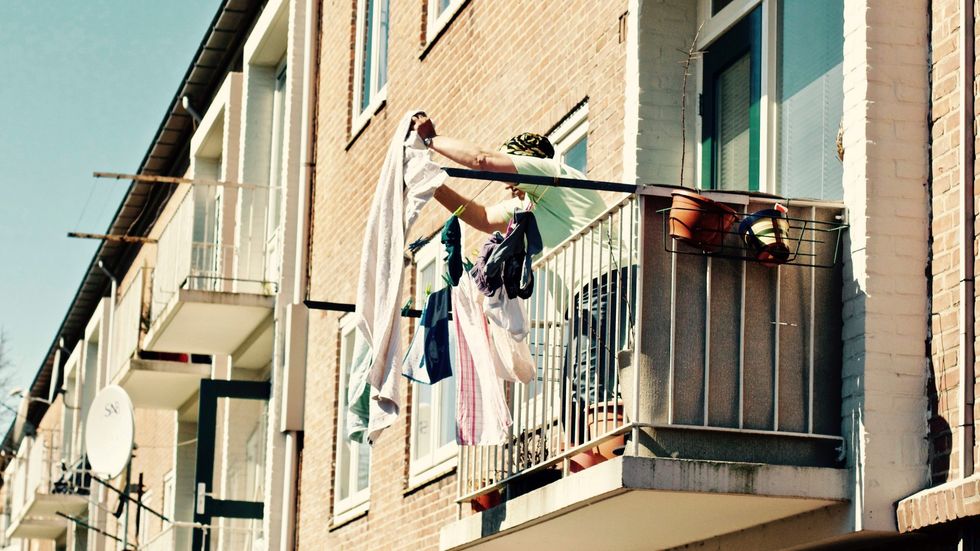
As for troublemakers, McGuire chalks up much of it to Airbnbs. “With Airbnbs, people only stay a couple of days—they’re in and out, so they have no vested interest, whereas there’s an ongoing relationship with long-term rentals,” he says. “Every condo has their own rules—permitted activities. Most don’t allow barbecues. Smoking is a big one these days, and there can be rules around that. Condo owners are supposed to inform their tenants of the rules, and I’m almost certain that doesn’t happen with short-term rentals.”
READ: What To Do About Odours Sneaking In Through Condo Vents
McGuire encourages landlords to exercise their right to inspection. “I don’t see people inspecting units enough to be aware of the problems,” he says. “Because they don’t check, they don’t know there’s a potential problem there. You always have a right to inspect your unit with 24 hours’ notice. I encourage everyone to do it regularly.”
